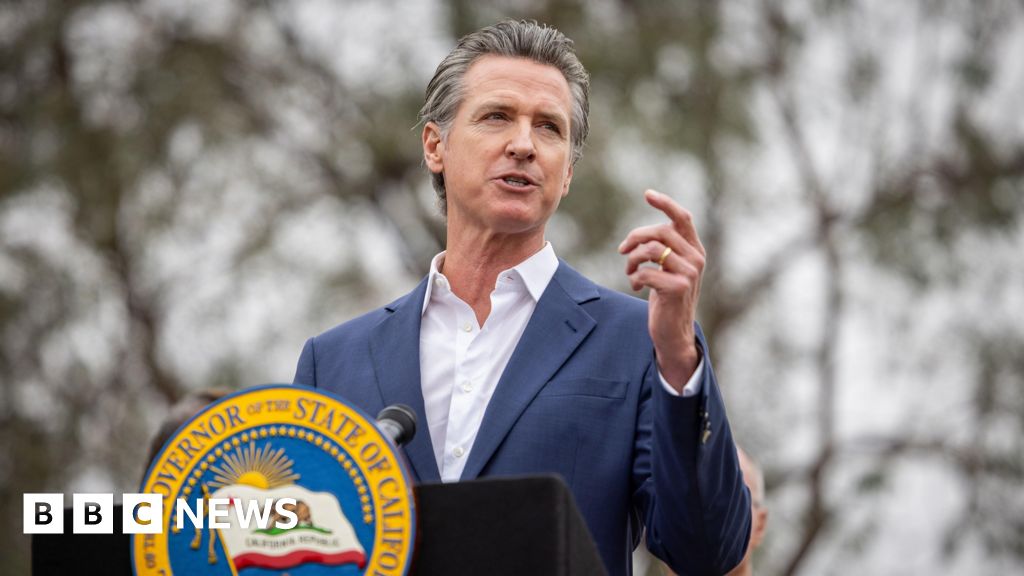AI🌈Tuesday Buzz: Key Developments from Raspberry Pi's New Camera to Microsoft's Competition Scrutiny"**
1. Raspberry Pi and Sony launch an AI-powered camera module.
2. California governor vetoes a key AI safety bill.
3. Meta remains silent on training AI with smart glasses photos.
4. Microsoft faces intensified competition scrutiny in Germany, especially regarding its AI practices.
Continue reading for more insights!🔎
Welcome to today’s AI Roundup, where we bring you the latest and most impactful developments in the world of artificial intelligence! From groundbreaking innovations to significant regulatory challenges, the AI landscape is constantly evolving. In this edition, we’ll explore Raspberry Pi and Sony’s exciting new AI-powered camera module, delve into California's controversial decision to veto a major AI safety bill, and examine Meta's reluctance to clarify its AI training practices concerning smart glasses photos. Additionally, we’ll discuss Microsoft’s heightened scrutiny in Germany as competition regulators turn their focus on its AI practices. Let’s dive in!
1. Raspberry Pi and Sony launch an AI-powered camera module.
Raspberry Pi and Sony have launched a $70 AI-powered camera module, compatible with all Raspberry Pi models without the need for a GPU or additional accelerators. The camera features onboard AI processing, enabling users to easily develop edge AI solutions that process visual data. Powered by Sony’s IMX500 image sensor and Raspberry Pi’s RP2040 microcontroller, the 12.3-megapixel camera offers adjustable focus and can capture footage at up to 40 frames per second. This new release builds on Raspberry Pi’s commitment to AI innovation, offering developers a versatile tool for advanced image processing.
/cdn.vox-cdn.com/uploads/chorus_asset/file/25650478/Raspberry_Pi_AI_camera_front_view.jpg)
2. California governor vetoes a key AI safety bill.
California Governor Gavin Newsom vetoed a major AI safety bill that aimed to regulate advanced AI models, requiring safety testing and "kill switches" to shut down rogue systems. Despite support from lawmakers, tech giants like OpenAI, Google, and Meta opposed the bill, arguing it would hinder innovation. Newsom shared concerns that the bill’s broad scope could stifle AI development and drive companies out of the state. While he rejected this legislation, Newsom pledged to work with experts on alternative safeguards to address AI risks. California’s stance on AI regulation will significantly influence national and global policies.

3. Meta remains silent on training AI with smart glasses photos.
Meta's AI-powered Ray-Ban glasses can automatically capture photos based on certain triggers, but the company won’t confirm whether these images are used to train its AI models. This raises significant privacy concerns, as users may not always be aware that their surroundings are being photographed. Despite repeated inquiries, Meta has declined to clarify its data practices, adding to worries over the potential misuse of personal images. With the company's history of using public social media posts to train AI, concerns about transparency and privacy in this new wearable tech continue to mount.

4. Microsoft faces intensified competition scrutiny in Germany, especially regarding its AI practices.
Germany’s antitrust watchdog has placed Microsoft under closer scrutiny for potential abuse of its dominant market position. Microsoft joins other tech giants like Apple, Google, and Meta under stricter monitoring, enabled by Germany’s 2021 Competition Act. The Federal Cartel Office cited Microsoft's broad influence across markets, including its Windows OS, Office products, Azure cloud services, and AI initiatives like Copilot and ChatGPT. This action allows the watchdog to intervene earlier to prevent anti-competitive behavior. Microsoft acknowledged its responsibility and promised cooperation with the regulator, as global scrutiny of big tech companies continues to intensify.

As we wrap up this edition of our AI Roundup, it’s clear that the landscape of artificial intelligence is filled with both innovation and challenges. From the promising capabilities of Raspberry Pi’s AI camera module to the pressing need for regulatory frameworks highlighted by California’s recent actions, these developments shape the future of AI technology. Moreover, as companies like Meta and Microsoft navigate scrutiny over their practices, it underscores the importance of transparency and accountability in this rapidly evolving field. Stay tuned for more insights and updates as we continue to monitor these trends and their implications for the AI community!








